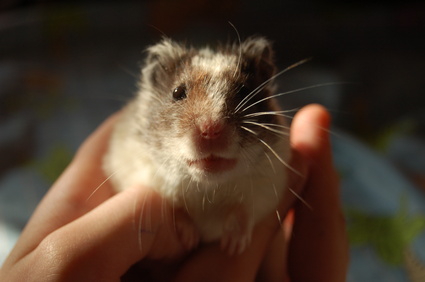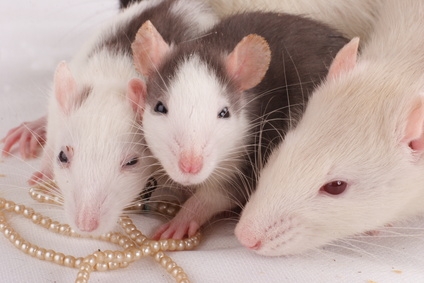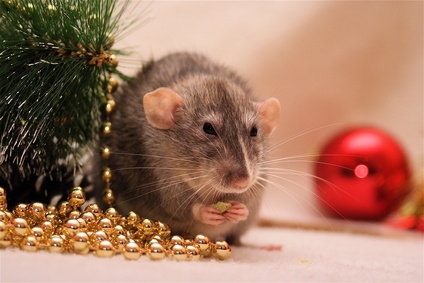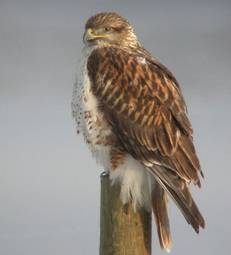
In a Washington Post online article entitled "Snap-trap ban puts pest companies in a bind" | November 15, 2010; 6:29 PM ET, the author, Gene Harrington, director of government affairs for the National Pest Management Association, discusses recent legislation by the Washington D.C. city council that could have a dramatic effect on the residents of the city. According to the article, the D.C. city Council has banned the use of snap traps for the control of all rodent species except commensal rodents. These are specifically the common House, Roof Rat and Norway Rat. The intent of the legislation seems to be the protection of native species such as Field Mouse, Deer Mouse and Chipmunk.
Unfortunately the legislation leaves pest control professionals in a precarious position. In their efforts to trap and destroy commensal rodents technicians may, inadvertently trap a member of a native rodent species and could be fined for the action. As a result many pest professionals may opt to only live trap, an expensive proposition that would, according to the new law, require additional licensing. Some may decide to cease trapping and baiting altogether. If enough pest control companies decided to abandon rodent control the result could be catastrophic for D.C. residents as the numbers of rodents would grow exponentially. Since rats and mice are disease carriers which are also capable of significant damage to structures, the threat to the health and property of the districts citizens could be extensive.
One of the species the law is intended to protect is the Deer Mouse, Peromyscus maniculatus. According to the US Centers for Disease Control, this rodent is one of the species responsible for the spread of Hantavirus, a potentially deadly disease of the respiratory system to which humans are highly susceptible. To worry about accidentally killing one of them is to disregard the threat they represent. When Deer Mice are present in a structure the emphasis should be on getting them out as fast as possible and then decontaminating the area they formerly occupied. Trying to live trap them as proscribed in the new law leaves the home or business occupants and visitors needlessly exposed to Hantavirus. And releasing this animal on the same piece of real estate, as required by the regulation, leaves open the high probability that the rodent will find its way back into the structure.
I hope that the city council members are prepared to rethink their approach. If not, my question is are they ready for any potential of lawsuits for harm to human health and wrongful death that may ensue as a result of their actions? Once again, the law of unintended consequences comes into play.
 How to Heal a Scratch on a Hamster
How to Heal a Scratch on a Hamster
How
How to Heal a Scratch on a Hamster
How to Heal a Scratch on a Hamster
How
 List of Pet Rodents
List of Pet Rodents
List of Pet Rodent
List of Pet Rodents
List of Pet Rodents
List of Pet Rodent
 Treatment for Rat Mites
Treatment for Rat Mites
Treatment for
Treatment for Rat Mites
Treatment for Rat Mites
Treatment for
 How to Get Rid of Rodent Mites
How to Get Rid of Rodent Mites
How to
How to Get Rid of Rodent Mites
How to Get Rid of Rodent Mites
How to
 About North American Hawks
About North American Hawks
About North
About North American Hawks
About North American Hawks
About North
Copyright © 2005-2016 Pet Information All Rights Reserved
Contact us: www162date@outlook.com